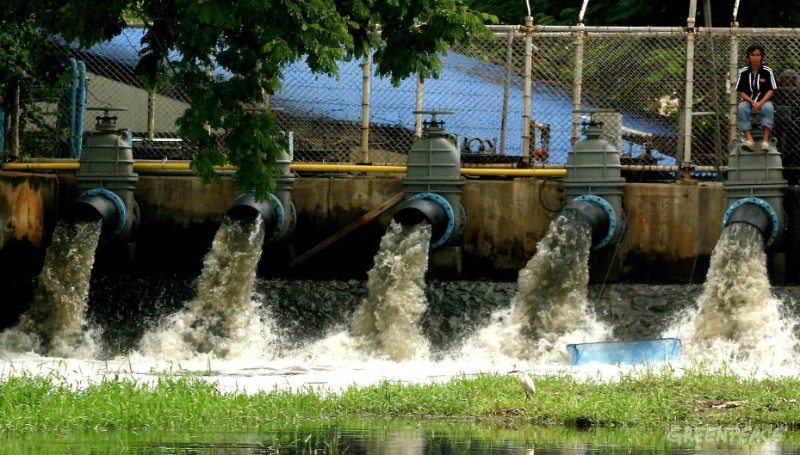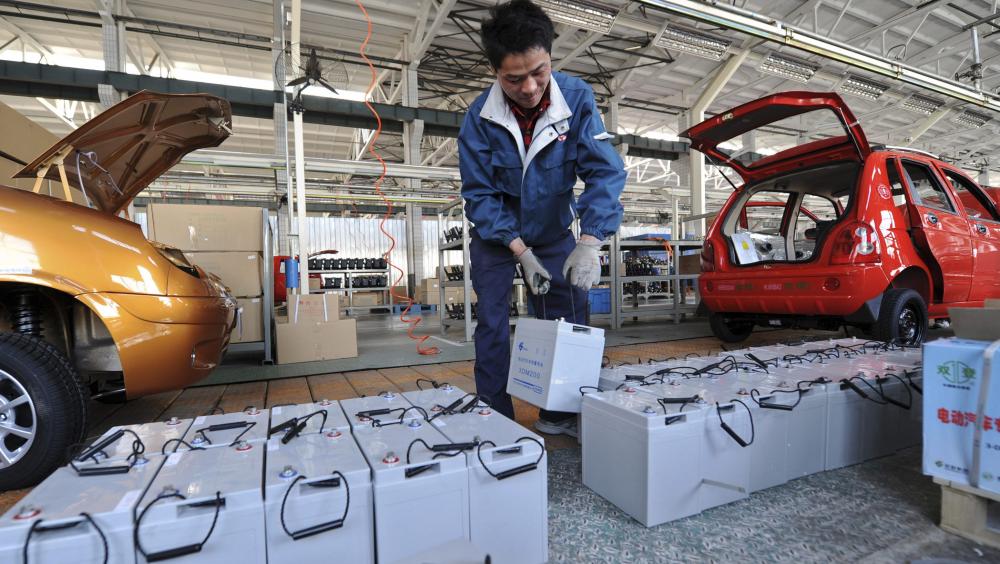Industries which generate the most waste
If you ever wondered which are the industries that generate the most waste, this article is for you. Toxic or solid waste, there are several industries which make themselves notorious though such attributes, which nonetheless, affect our health and the environment equally. Our list has some surprising industries, while others are extremely obvious. You can read more below.
Car repair shops
This may surprise many, while others, especially those working in the industry are more than familiar with the matter. Car repair shops and the auto industry, in general, is one of the largest waste-generator in the world. Especially producing incredible amounts of toxic waste – oils, paints, lubricants, not to mention the solid waste of which these are responsible. Old car parts, old vehicles, and various other components, make this industry to win a rightful place in our top. Nonetheless, certain repair shops put enormous efforts into reducing the waste generated, by implementing smart waste-management solutions, like those proposed by Mil-tek a decisive player in the waste management industry. Many auto repair shops put great efforts into minimizing the physical amount of their solid waste, especially plastic waste and use pneumatic barrels for this purpose. This may be the only solution various industries might have in order to become friendlier with the environment.

Furniture manufacturers
Another surprising entry in our top, furniture manufacturing businesses generate impressive amounts of both toxic and physical waste. In spite of the popular belief that many have, furniture manufacturers don’t use exclusively wood in the process. Some of their raw materials are composites and in order to get those and create the furniture pieces in their portfolios, chemicals are used. Also, solvents are used at a large scale in the industry, which makes it one of the main generators of nitrogen oxides. Also, ignitable waste and paints and a series of environment-damaging chemicals result from the manufacturing process as well. The furniture manufacturing industry is also trying to minimize the impact on the environment, especially when it comes to solid waste. However, further steps have to be taken in order to achieve a sustainable balance.
The cleaning industry
This industry is mainly guilty of an enormous volume of toxic waste, as the products used in the cleaning process are rarely environmental-friendly. Chemicals are a rule of thumb when it comes to this industry, as stubborn stains are usually removed by using a strong mixture that includes high concentrations of acid-based chemicals. As environmental concerns are growing, certain companies turned their attention to more environmental-friendly cleaning solutions and products. Steam cleaning seems to be the preferred option by many players in the industry, nowadays.
The oil and gas industry
This comes naturally, as this industry is generating incredible volumes of solid waste, diverse in characteristics and handling requirements. Many of these are hazardous, but concerning is the fact that this sector is generating yearly more than 4.000 t of solid waste. If the big players in the filed would be more concerned, and would take action, the waste could be diminished at half of this number. Certain solutions are developed in order to minimize solid waste and these are suitable for various industries. Also, the oil and gas industry is generating large volumes of toxic waste. Worth noticing is the fact that some companies in the field put great efforts into finding solutions in terms of recycling part of the waste generated by their enterprises.
The printing and photography industry
Obviously, this is an industry which generates enormous volumes of hazardous substances as a by-product of its activity. While a small number of companies in the field have turned their attention to friendlier inks, the vast majority still uses chemicals and toxic inks. This fact forces them to label appropriately their waste and always dispose of it as hazardous waste. The waste disposal cannot be handled by the company itslef, the vast majority of these companies needing assistance from third-parties in order to manage this part of their activity.
The metal-working industry
The metal-working industry is a big generator of chemical waste, as the processing steps oftentimes include chemicals that are damaging to the environment and human health. For instance, solvents, heavy metals, paint and cyanides are frequently used. However, the companies that specialise in processing metals, are also forced to dispose of their waste by accessing the services of a third-party, specialised in such matters, or implementing themselves an in-house waste management system, based on all the regulations in force.
The waste-generating industries are plenty, and summarizing those is oftentimes difficult. If your company is a manufacturing one, then most certainly it produces more waste than you would like to admit. However, some pragmatic solutions that allow companies to reduce the volume of waste generated are available on the market. Make sure to collaborate with trustworthy suppliers in your journey of becoming more environmental-friendly.




0 Comments
Recommended Comments
There are no comments to display.